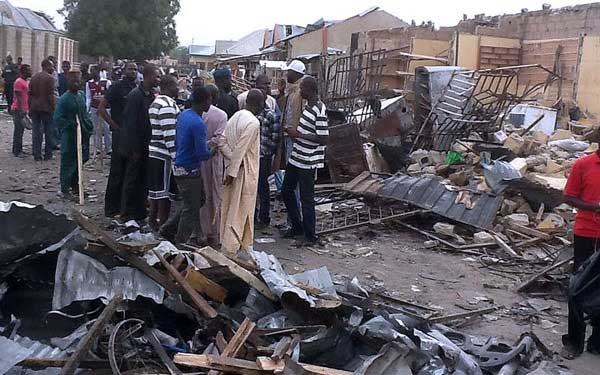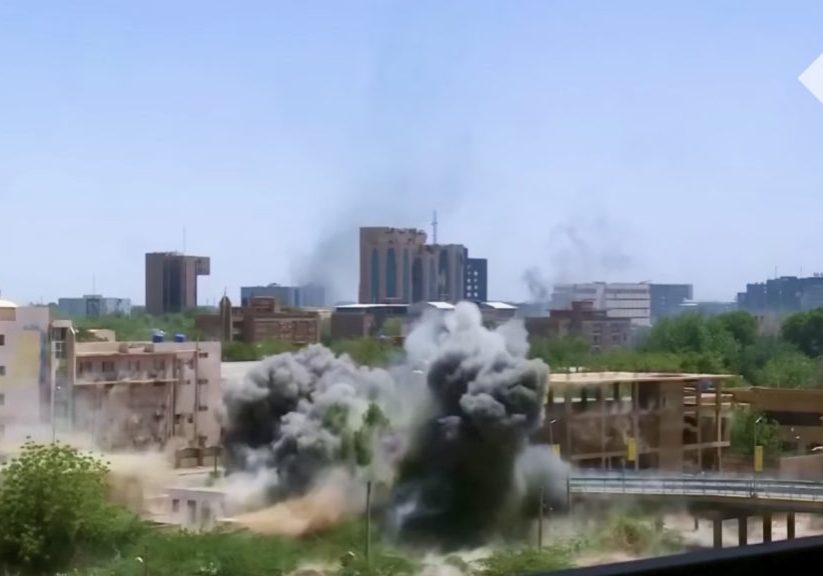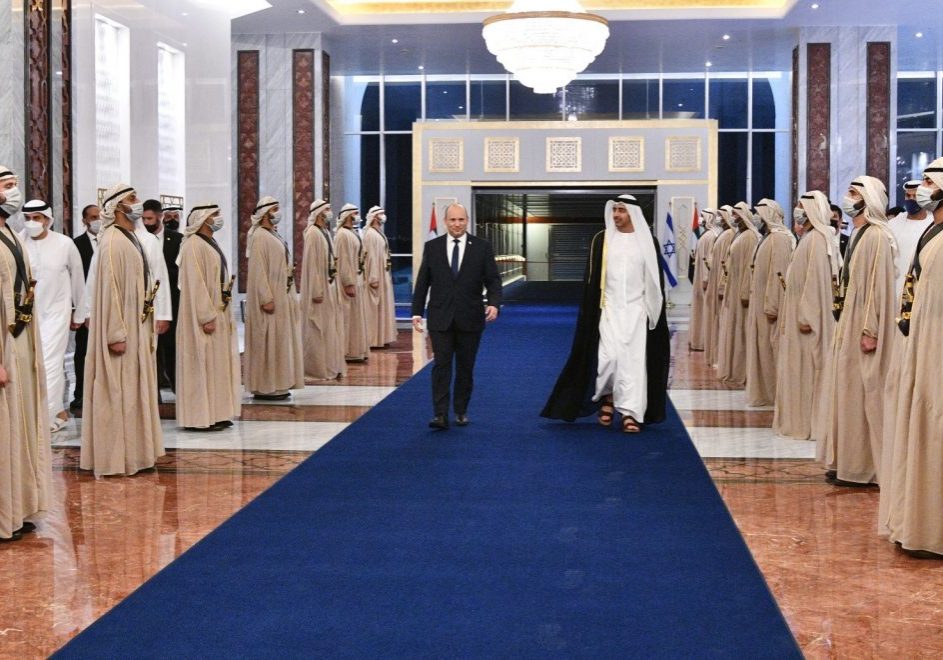Australia/Israel Review
Scribblings: Proportionality Again
Jul 28, 2014 | Tzvi Fleischer

Tzvi Fleischer
Proportionality Again
With each Gaza conflict over the years, I have to write to correct widespread misunderstandings about what the international law term “proportionality” means in the context of a military conflict. It does not seem to have helped – judging by contemporary media reports on the Gaza conflict.
So again, “proportionality” has absolutely nothing to do with comparing the numbers of casualties on the two sides of the conflict. It also has nothing to do with numbers of combatants killed – it is perfectly legal to kill thousands of enemy combatants in war even if they never inflict any damage whatsoever on your side.
The proportion it refers to is the expected danger or collateral damage to civilians as compared to the military advantage of a specific military attack. Thus, you can never tell whether an attack was “disproportionate” in international law by citing the overall casualty figures in a broad campaign. You can only make this judgment by looking at the exact detailed circumstances of a specific military attack, including the information available to the officer who ordered it.
Some may think I am twisting or distorting international law to favour Israel’s case, so let me back up my assertions with an impeccable source which can be accused of none of these things – Luis Moreno-Ocampo, Chief Prosecutor of the International Criminal Court.
Here’s his explanation about proportionality and the laws of war in an open letter he wrote to set out his findings after investigating allegations of war crimes during the 2003 invasion of Iraq:
“Under international humanitarian law and the Rome Statute, the death of civilians during an armed conflict, no matter how grave and regrettable does not constitute a war crime… even when it is known that some civilian deaths or injuries will occur. A crime occurs if there is an intentional attack directed against civilians (principle of distinction) or an attack is launched on a military objective in the knowledge that the incidental civilian injuries would be clearly excessive in relation to the anticipated military advantage (principle of proportionality).”
That should settle the legal issue – but of course it won’t. It is clear that for the foreseeable future, every time Israel engages in a conflict with the Palestinians, Hezbollah or anyone else where innocent people get killed, as they do in all wars, large elements of the Australian media will cite the differing Israeli and Palestinian casualty figures and either imply or openly insist that they are evidence that Israel is engaging in an illegal “disproportionate” response.
A Lack of Proportion
Speaking of responding proportionately, it is interesting to call attention to the complete lack of proportion between the focus on the undoubtedly real suffering of Gazans as opposed to others enduring worse elsewhere at the same time.
On two days alone – July 17 and 18 – 700 people were reportedly killed in the Syrian civil war – the bloodiest two days in that three year old conflict. That’s more than were killed during the first two weeks of the Israeli-Hamas war. Yet did you even know about it?
It is estimated that, this year alone, 30,000 people have been killed in the Syrian conflict. That’s more than have been killed, on both sides, in the entire Israeli-Arab conflict since 1948.
Then there’s Pakistan’s operation against the Taliban, termed Operation Zarb-e-Azb (Strike of Prophet Muhammad’s Sword), which has been in full swing in recent weeks. It’s killed at least 400 people, and moreover, made up to 900,000 people homeless – vastly more than the 17,000 or so who have allegedly lost their homes in Gaza. Have you even heard about it?
In Nigeria, on July 19, the Boko Haram terror group reportedly took the town of Damboa, gunned down everyone they saw and burned most of the town to the ground. At least 100 people were killed – but the death toll may actually be considerably higher. Know about that one? Further, more than 15,000 people were displaced over a few days around July 19-20 by Boko Haram attacks.
It is estimated that at least 2,000 civilians have been killed in Boko Haram attacks this year.
Of course none of these tragic situations lessens the suffering of Gazans, or are themselves, a justification for Israel’s action there (however, there are ample others.) But if you feel deeply the suffering of Gazans and demand the conflict be ended immediately, it is worth asking, did you even know about these other examples of violence affecting innocent people at the same time, some of them with much worse effects? And why is the lesser violence of Gaza an outrage to you while the greater violence in Syria and Pakistan is a matter of near complete indifference?
The Tragedy of Mosul’s Christians
Last month I wrote in these pages about the “Pact of Omar” which, in the Islamic tradition, is supposed to govern the relationship between Muslim state authorities and minority Christian and Jewish communities. I noted that the terms of the pact were not only extremely discriminatory and humiliating but also seemed to be written with an expectation that minority communities would eventually become extinct.
Now the extremist Islamist group ISIS (the Islamic State of Iraq and Syria) has claimed to impose the pact on the ancient Christian communities in the Iraqi city of Mosul, which they conquered from the Iraqi government in early June. In practice, this meant the immediate implementation of what the pact only implies in the longer term – the complete eradication of these communities. They were expelled completely on July 20, with their property seized by ISIS and ancient churches destroyed.
Tags: Africa






